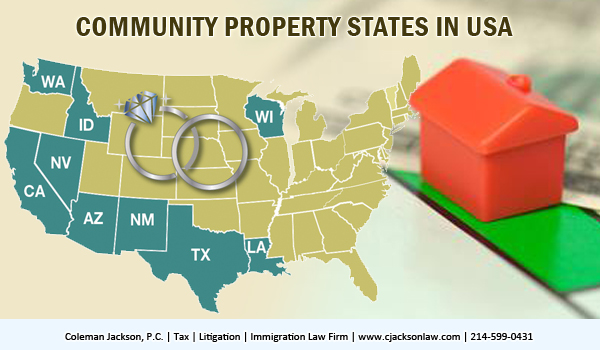[ad_1]
On Monday, the United States Supreme Court heard oral arguments in a landmark case that could have far-reaching implications for civil rights and anti-discrimination laws. The case, known as Fulton v. City of Philadelphia, involves a Catholic social services agency that is challenging the city’s decision to stop referring children to the agency for foster care placements. The agency argues that the city’s decision violates its religious freedom and undermines the well-being of children in need of a loving home.
At the heart of the case is the question of whether religious organizations that receive government funding can legally discriminate against prospective clients based on their sexual orientation or gender identity. The Catholic social services agency claims that it has the right to turn away same-sex couples from its foster care program because of its religious beliefs about marriage. But the city argues that it has a duty to ensure that all foster care providers abide by its nondiscrimination policies in order to promote fairness and equal treatment for all.
The arguments presented by both sides reflected the deep-seated tensions around issues of religious liberty and equal protection under the law. The conservative-leaning justices suggested that the city’s decision could be seen as singling out religious organizations for disfavored treatment, while the liberal justices expressed concerns about the potential harm to LGBTQ couples who may be denied the opportunity to provide a loving home to a child in need.
The outcome of the case is difficult to predict, but it could have significant consequences for the future of religious freedom and LGBTQ rights. If the Court rules in favor of the Catholic social services agency, it could open the door for other religious organizations to claim exemptions from anti-discrimination laws. On the other hand, if the Court upholds the city’s decision, it could be seen as a major victory for LGBTQ advocates and a setback for conservative religious groups.
Regardless of the outcome, the Fulton case underscores the ongoing tensions between religious liberty and anti-discrimination principles in modern American society. As the country continues to grapple with issues of inclusion and diversity, it will be up to the courts to strike a balance between these competing values and ensure that all individuals are treated fairly and with dignity under the law.
[ad_2]

